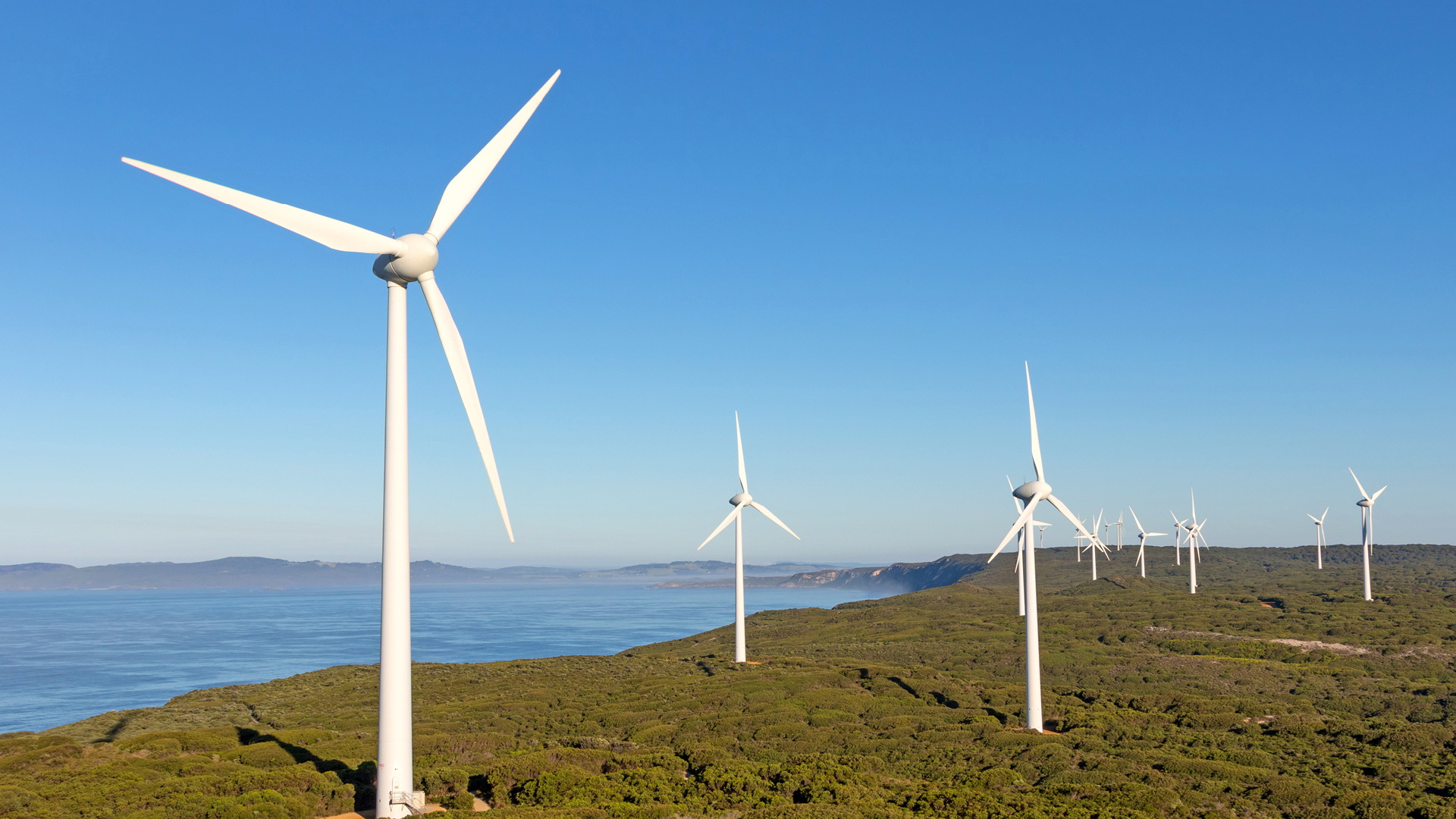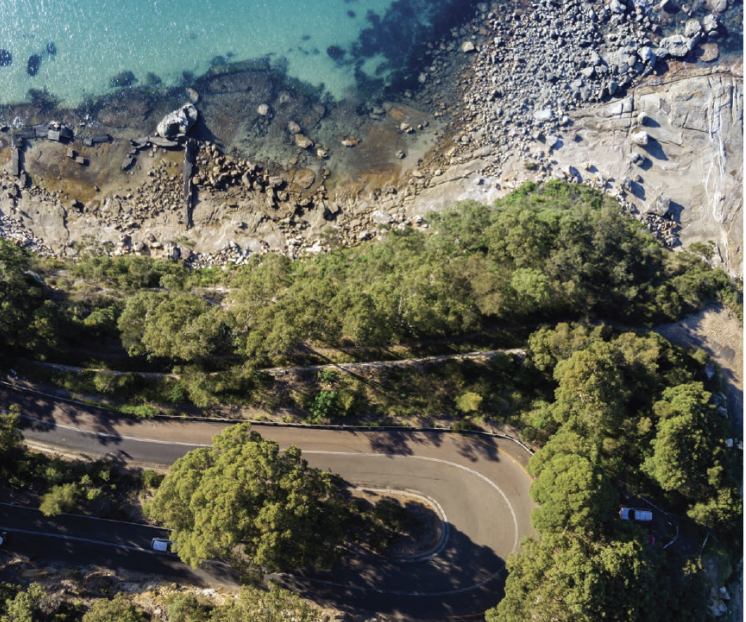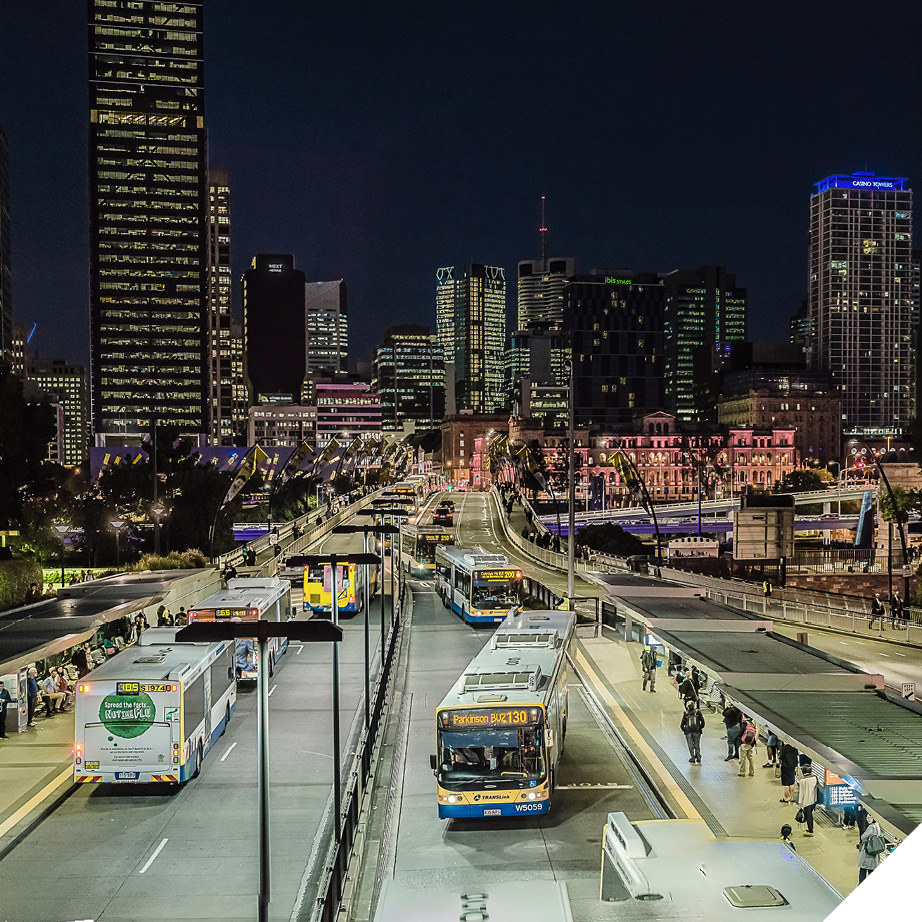ATSE’s Submission to a National Urban Policy for Australia suggests that the National Urban Policy place pragmatism and resilience at its heart — including planning for and building more infrastructure that supports climate change and water resilience while minimising social risks and costs.
ATSE’s submission suggests embedding climate resilience and community engagement into infrastructure projects. The most effective model for community engagement is a place-based approach, which seeks to connect infrastructure decision-making with the needs of a community at a local level.
With the gradual elimination of coal and restriction of gas generation, significant attention should turn to the essential role of our water-dependent energy systems. Flexibility and adaptability needs to be integrated into urban water resilience to support a green energy transition. Conventional hydroelectric generation is a key element in firming our current energy network, making stored hydroelectricity increasingly important. Ensuring the availability of suitably graded treated water in the right places is also essential.
Resilience needs to be built into urban road networks. Planning for road networks should consider the transition from combustion engine vehicles to electric vehicles (EVs). Further investment from all levels of government can incentivise building EV charging infrastructure, including in public spaces such as car parks and highways.
Lastly, climate change expedites challenges facing urban communities and magnifies economic and social impacts. One aspect of climate change adaption is the development of hybrid infrastructure that incorporates nature-based solutions into urban design— enabling cities to deliver ecosystem or environmental services while enhancing urban liveability. ATSE’s submission called for greater integration of urban landscape design with sustainability, to help buffer the impact of climate change and urbanisation on natural environments.
Recommendations from ATSE
Recommendation 1: Engage local communities at project planning stages to establish social licence and connect the Australian Government with community needs.
Recommendation 2: Embed urban water resilience actions in the National Urban Policy.
Recommendation 3: Plan for water availability to support hydroelectricity generation and storage.
Recommendation 4: Leverage current capital investments in water infrastructure to minimise spending and resource wastage.
Recommendation 5: Include robustness, redundancy, resourcefulness and rapid recovery into Australia’s transportation network to prevent major supply chain issues.
Recommendation 6: Roll out charging infrastructure to support the uptake of electric vehicles.
Recommendation 7: Implement a transparent national framework for greenhouse gas accounting and monitoring, requiring all new federally funded infrastructure projects to submit a publicly available greenhouse gas budget.
Recommendation 8: Implement hybrid infrastructure that incorporates nature-based solutions in urban design to support community health outcomes.










